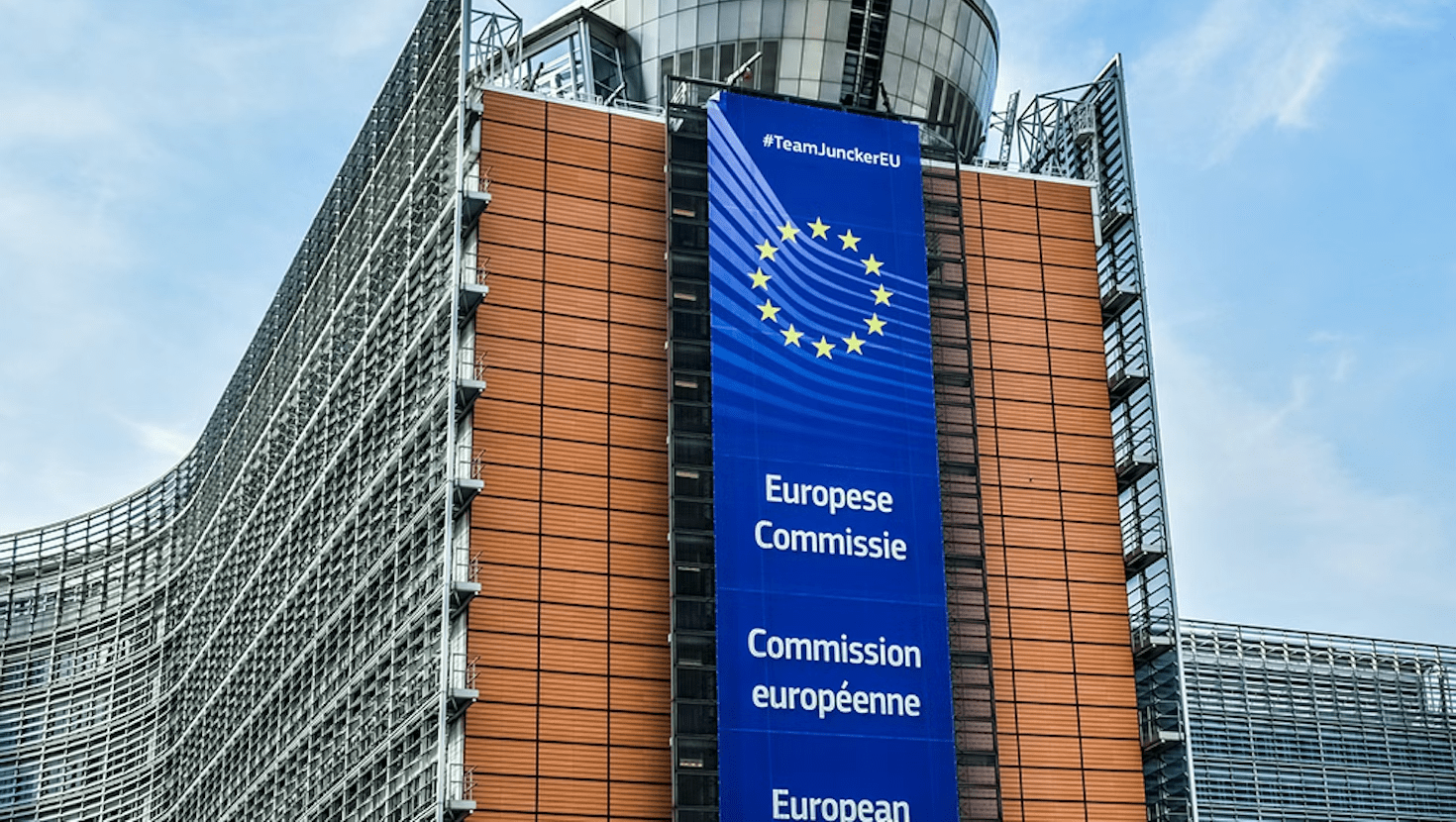Congratulatory Letter to Executive Vice-President -designate Séjourné

Dear Executive Vice-President -designate,
On behalf of IP2Innovate, I write to congratulate you on your nomination as the European Commission Executive Vice-President-designate for Prosperity and Industrial Strategy. You are taking on this role at a pivotal moment as Europe seeks to embrace a new era of competitiveness, productivity, and innovation.
IP2Innovate is a coalition of small and large companies that create innovative products and services in Europe and collectively hold thousands of European patents. Our members include Adidas, Apple, Amazon, ASML, Atos / Bull, BMW, Carl Zeiss, Dell, Deutsche Telekom, Freebox, Google, IMEC, Intel, Microsoft, Nvidia, Proximus, SAP, Spotify and Xiaomi. Our mission is to bring balance to Europe’s patent legal system so that it supports innovation, competitiveness and growth to the benefit of the European economy and society.
Commission President Ursula von der Leyen in her mission letter has put you in charge of the Industry, SME and Single Market portfolio. As part of that mission, you have been asked to “ensure our intellectual property policy continues to reward innovation and creativity and step up enforcement of the current rules.”
A balanced patent system is an important prerequisite to ensure Europe’s global competitiveness in critical technology areas, its attractiveness for companies to invest and do business in, and to increase innovation and the take up of new technologies necessary to bridge the gap in productivity levels when compared to other major economies. Unfortunately, our member companies' experiences, supported by data, indicate that Europe's patent system currently lacks the necessary balance, undermining investment in innovation to the detriment of both the public and Europe’s competitiveness.
We therefore believe that now is the time, 20 years after its adoption, to modernise the Intellectual Property Rights Enforcement Directive (IPRED) through targeted amendments to ensure that courts in the EU Member States and the newly established Unified Patent Court effectively consider the proportionality of remedies in their handling of patent litigation cases. Despite the existing IPRED’s requirement that remedies for patent infringement be proportionate, European courts consistently issue automatic injunctions upon a finding of patent infringement: this has happened in 99% of cases in EU countries, according to data provided by Darts-ip, the most comprehensive database of European court decisions[1].
The consequence of injunctions being issued automatically is that even an accidental infringement by a manufacturer of a patent that relates to a minor feature of a complex product can result in the entire existing product range being immediately removed from the market. Companies often settle claims to avoid that, which gives patent owners excessive leverage to demand settlements far surpassing the patented technology's value[2]. The situation is even more egregious when the defendant is an SME and the recalled product provides their only source of revenue.
This imbalance has made Europe attractive to Patent Assertion Entities (PAEs), whose attacks harm innovative operating companies – and ultimately the public – by creating a huge disincentive for investment in the R&D necessary to bring to market the next generation of innovative, including digital and green, products. Critical digital technologies such as 5G, the Internet of Things, edge computing, Artificial Intelligence and the underlying hi-tech semiconductors - because of their complexity - are at the highest risk of abusive patent litigation[3], which significantly discourages R&D investments. The immediate and full removal of products from the market can harm third parties and the public and disrupt supply chains.
While the US has clamped down on the harm caused by PAEs by scrapping automatic injunctions, this has not yet happened in Europe at large. A patent system in which injunctions are granted in effect automatically creates a locational disadvantage for companies having their main manufacturing base in the EU, compared with regions where proportionality is applied, such as the US.
Throughout your career you have demonstrated the will and ambition to build a more competitive Europe. As a Member of the European Parliament, you consistently highlighted concerns over practices by PAEs and the need for safeguards to protect Europe’s patent system from abuse in parliamentary questions[4] and own-initiative reports[5]. We hope the European Commission will under your leadership take steps to modernize the IPR Enforcement Directive through targeted amendments, to ensure that Europe’s patent system continues to reward innovation, remains fit for purpose in the digital age, supports our region’s growth ambitions and secures our competitiveness in critical technology areas.
We stand ready to support you and your team in this endeavor.
Yours sincerely,
Patrick Oliver
Executive Director
[1] An analysis of patent court rulings undertaken by Darts-ip for the period 01.1.2015 to 31.12.2020 shows permanent injunctions are granted effectively automatically, without any proportionality assessment, in over 99% of cases in which an infringement was found and injunction requested. Proportionality assessment was done only in 2 out of 628 cases (0.3%) in the EU countries.
[2] According to a brief by Copenhagen Economics - Economic implications of automatic injunctions in German patent litigation – in the Broadcom-Audi case the estimated settlement payment exceeds the value of the invention by more than ten thousand.
[3] In the UPC, PAE-initiated infringement cases in the ICT sector account for almost 30% of the total number of infringement cases. Since the launch of the UPC, three U.S.-based PAEs have sued innovative companies over patents related to semiconductor technology, targeting both the chip manufacturers and their users. Source: The European Unified Patent Court and Non-Practicing Entities: A Year of Early Evidence, July 2024. Although the paper discusses Non-Practicing Entities (NPEs), it excludes universities and individual inventors from this category. Therefore, we refer to them in this letter as Patent Assertion Entities (PAEs).
Other blogs

IP2I calls on European Commission to protect Europe’s patent system from abuse

New academic paper calls for targeted reforms of the IP rights enforcement directive to boost European competitiveness

